
EN Free Trial





News Center
Industry News
Mbox gateway empowers the logistics industry
With the rapid development of IoT technology, gateways play an increasingly important role in the logistics industry as a bridge connecting the physical world and the digital world. Gateway not only improves the efficiency and transparency of logistics, but also solves many pain points in traditional logistics. Mingda independently developed the Mbox edge computing Gateway to focus on the logistics industry, and promote the innovation and upgrading of the industry!
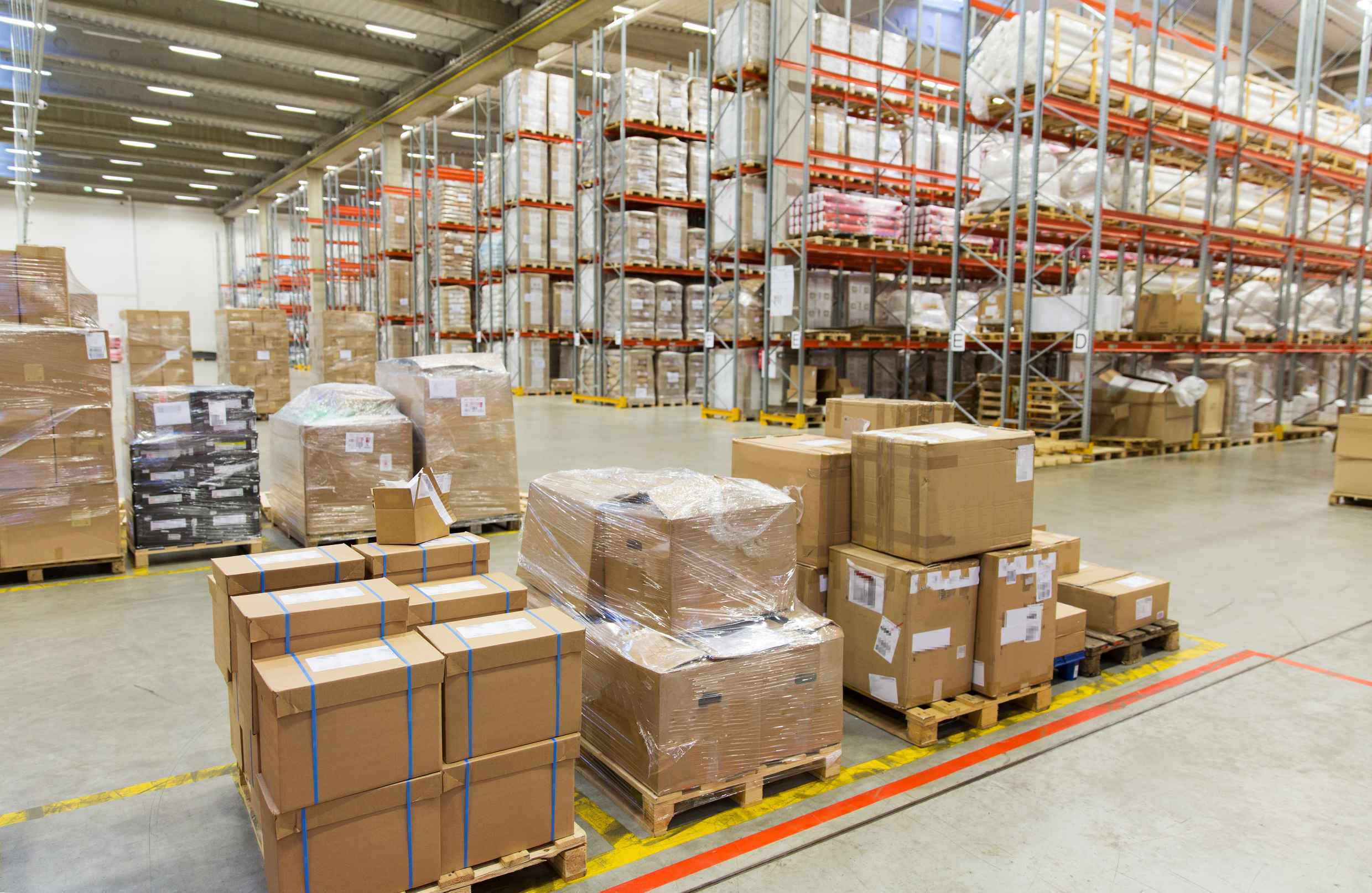
Pain point issues solved
Complex device connections
In traditional logistics systems, equipment connections are complex and data collection and processing efficiency is low. As a key device connecting industrial equipment and internal networks, gateways can simplify device connections, achieve efficient device connections and rapid data collection, and improve the overall efficiency of logistics systems.
Limited data collection and analysis capabilities
Many companies' existing information systems are unable to effectively collect, integrate, and analyze production data, making it difficult for management to make scientific decisions. The gateway can integrate data from different devices and systems and upload it to a unified data platform. Enterprises can use this platform for data analysis, explore potential value, and provide scientific decision-making basis for management.
Security is difficult to guarantee
During the logistics process, the safety status of goods is a matter of great concern for both enterprises and customers. The gateway has security management functions, which can monitor the security status of goods in real time and immediately issue alerts when abnormalities are detected. This helps to reduce the risk of cargo loss and improve the safety of the logistics process.
The logistics process is opaque
In traditional logistics processes, the degree of visualization of order status is low, making it difficult for customers to understand the real-time transportation status of goods. By collecting and transmitting data through the gateway, enterprises can provide customers with real-time order status information, improving customer satisfaction and trust.
The Application of Gateway in Logistics Industry
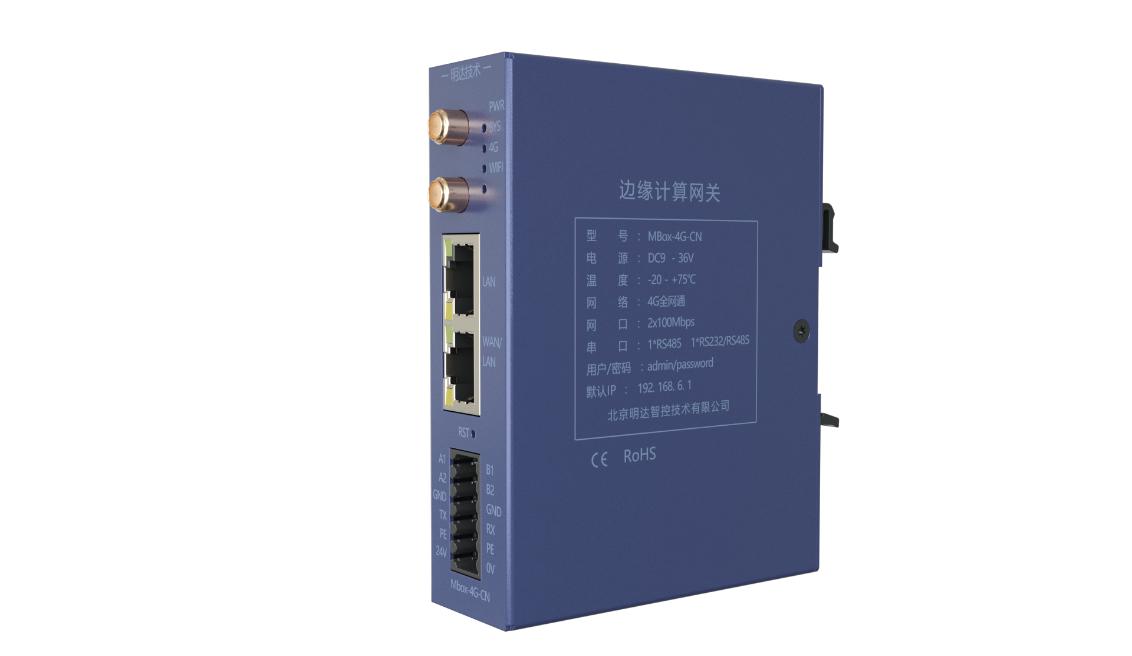
Data collection and monitoring
The gateway can collect real-time data from various sensors, such as the vehicle's position, speed, cargo status, temperature, humidity, pressure, etc. After being converted into a unified format through a gateway, these data can be transmitted in real-time to the enterprise's internal network or cloud servers. This comprehensive data collection and monitoring capability not only improves the transparency of logistics, but also provides valuable data support for enterprises, which helps optimize resource allocation and decision-making.
Data transmission and cloud analysis
The gateway has powerful data transmission capabilities and can quickly and accurately transmit the collected data to cloud servers. Through cloud analysis, enterprises can remotely monitor and manage goods, achieving intelligent management of logistics processes. This capability not only improves transportation efficiency, but also reduces labor costs and enhances the safety of the logistics process.
Logistics vehicle monitoring and scheduling
The gateway can be connected to onboard GPS, temperature and humidity sensors, and other devices to monitor the real-time location, temperature and humidity information of logistics vehicles. Through the data transmission of the gateway, enterprises can achieve real-time positioning and monitoring of logistics vehicles, provide services such as logistics vehicle scheduling and route planning, and optimize logistics distribution efficiency.
In summary, the application of gateways in the logistics industry has broad prospects. By introducing gateway technology, enterprises can achieve comprehensive monitoring of the logistics process, improve transportation efficiency, enhance the security of the logistics process, solve many pain points in traditional logistics, and create more value for the enterprise. In the future, with the continuous development of IoT technology, we will further upgrade and empower the logistics industry with innovation!
Related news
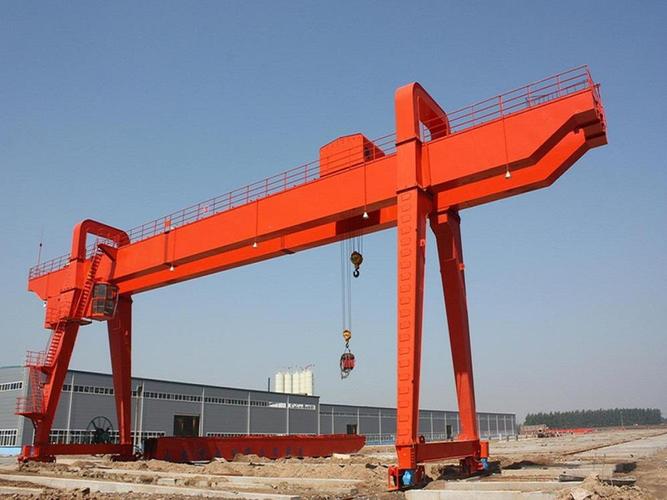
Crane Innovation: Protocol Converter Unlocks Safety and Efficiency

2024/11/01
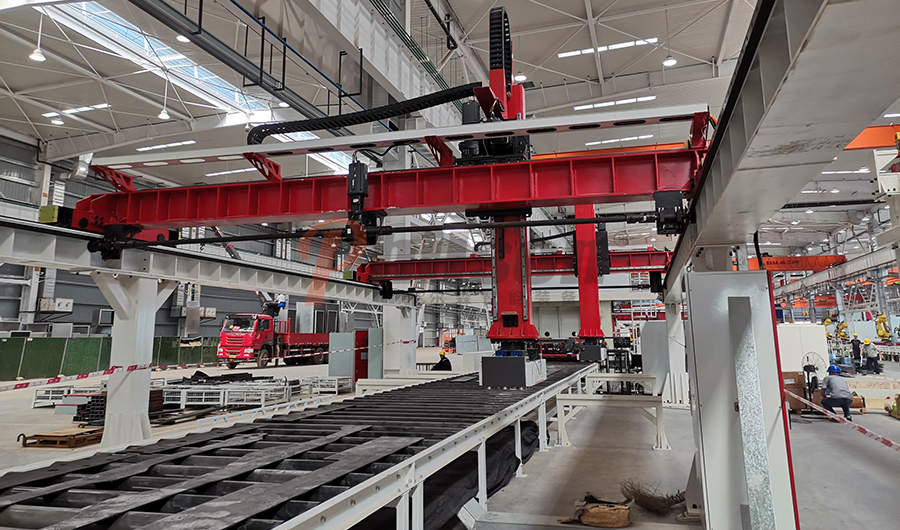
IO modules help the heavy equipment industry enter a new era!

2024/11/01
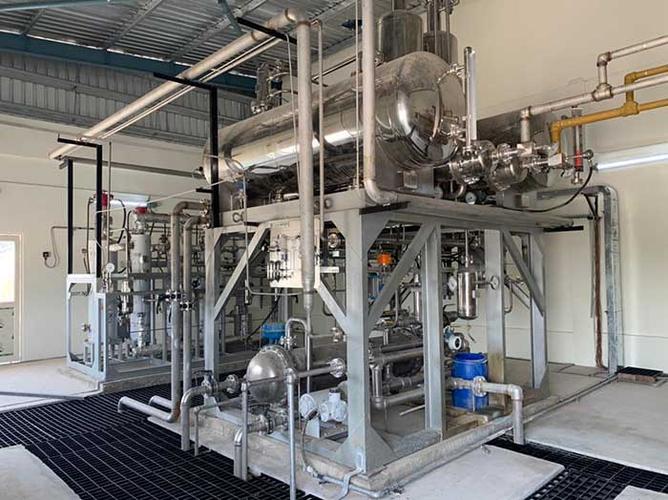
Hydrogen Journey: IO Modules Help Reduce Costs and Increase Efficiency

2024/11/01

Mingda Technology IO Module: Intelligent Engine for Additive Manufacturing

2024/11/01